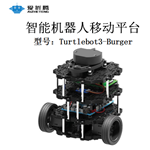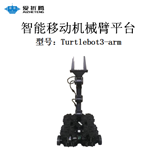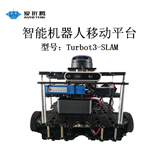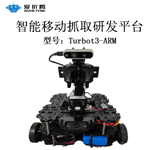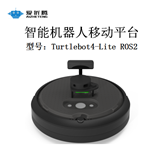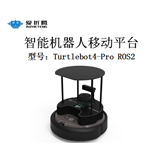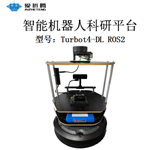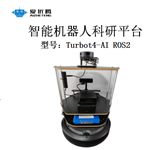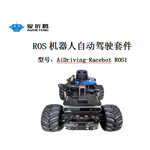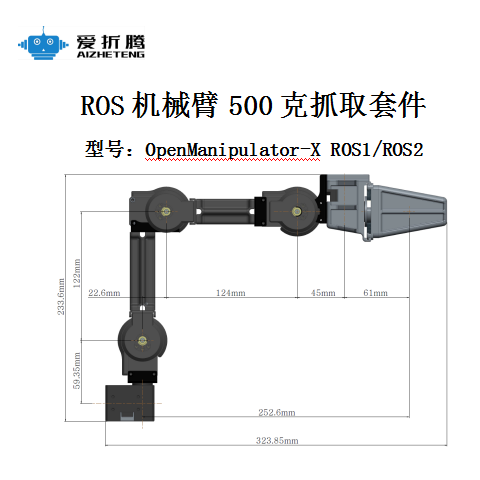Arduino库教程-EEPROM-EEPROM Put
EEPROM Put
在Arduino和genuino板上的微控制器有512字节的EEPROM存储器:当开发板关闭时(就像一个小型硬盘驱动器)开始记忆(即是保存这些数值)。
这个例子的目的是示范怎样用EEPROM.put()方法向EEPROM写入数据,只在它和先前被写入内容时用EEPROM.update() 写入数据。写入的字节数,和数据类型或要写入变量的自定义结构相关。
硬件要求
- Arduino 或者 Genuino 开发板
电路
这个例子的电路没有额外的连接

图由 Fritzing 软件绘制
原理图

图由 Fritzing 软件绘制
样例代码
/***
eeprom_put example.
This shows how to use the EEPROM.put() method.
Also, this sketch will pre-set the EEPROM data for the
example sketch eeprom_get.
Note, unlike the single byte version EEPROM.write(),
the put method will use update semantics. As in a byte
will only be written to the EEPROM if the data is actually
different.
Written by Christopher Andrews 2015
Released under MIT licence.
***/
#include <EEPROM.h>
struct MyObject {
float field1;
byte field2;
char name[10];
};
void setup() {
Serial.begin(9600);
while (!Serial) {
; // wait for serial port to connect. Needed for native USB port only
}
float f = 123.456f; //Variable to store in EEPROM.
int eeAddress = 0; //Location we want the data to be put.
//One simple call, with the address first and the object second.
EEPROM.put(eeAddress, f);
Serial.println("Written float data type!");
/** Put is designed for use with custom structures also. **/
//Data to store.
MyObject customVar = {
3.14f,
65,
"Working!"
};
eeAddress += sizeof(float); //Move address to the next byte after float 'f'.
EEPROM.put(eeAddress, customVar);
Serial.print("Written custom data type! \n\nView the example sketch eeprom_get to see how you can retrieve the values!");
}
void loop() {
/* Empty loop */
}
[Get Code]
更多
- EEPROM library reference
- EEPROM Clear: 清理EEPROM里面的数据。
- EEPROM Read: 读取EEPROM,并且发送它的值到电脑。
- EEPROM Write: 保存模拟输入引脚的值到EEPROM。
- EEPROM Crc: 将EEPROM内容里的CRC当作数组分析。
- EEPROM Get: 从EEPROM获得一个值,并作为float格式串行打印。
- EEPROM Iteration: 明白怎样到达EEPROM存储本地。
- EEPROM Put: 用变量来把一些数值放到EEPROM里。
- EEPROM Update: 保存从A0读取的数值到EEPROM里,仅在不同的时候写入,以延长EEPROM寿命。
获取最新文章: 扫一扫右上角的二维码加入“创客智造”公众号


